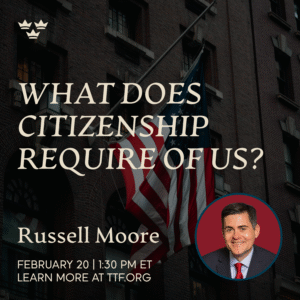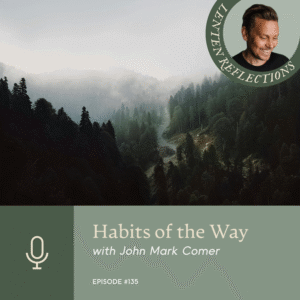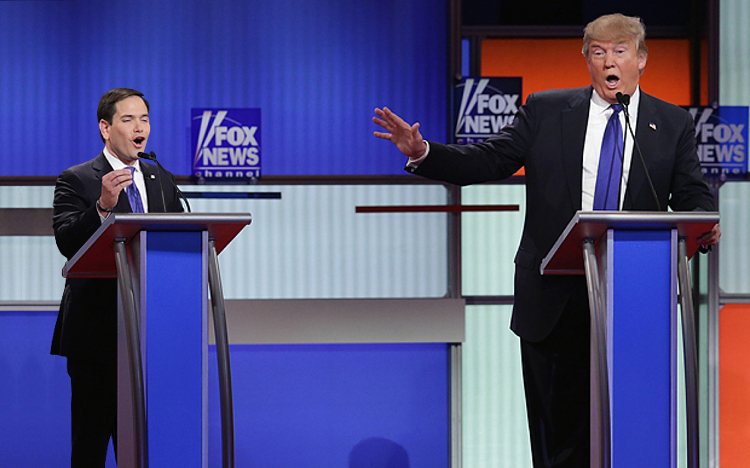[vc_row row_padding_bottom=”30″][vc_column][textbox title=”Valuing Vocabulary” title_color=”#2f2f2f” title_fontsize=”40″ text_under_align=”center” subtitle=”Cherie Harder” subtitle_color=”#757575″ content_align=”center”][/vc_column][/vc_row][vc_row][vc_column width=”1/6″ css=”.vc_custom_1547644032611{margin-top: 20px !important;border-top-width: 0px !important;padding-top: 10px !important;padding-right: 10px !important;padding-bottom: 10px !important;padding-left: 10px !important;background-color: #eeeeee !important;border-top-style: solid !important;}”][imagebox image_url=”14483″ image_hover=”disable”][/vc_column][vc_column width=”5/6″][vc_column_text]
Friday, May 20, 2016
“Political chaos is connected with the decay of language… one can probably bring about some improvement by starting at the verbal end.” —George Orwell.
The institution of “Newspeak”—a flattening of language to collapse moral, aesthetic, and analytical distinctions, and reduce the sublime, beautiful, brave, kind, peaceful, delicious, dedicated, or ecstatic to the “good,” “plusgood” or “doubleplusgood”—was a means of not only controlling the public conversation, but also private thought. The individual self-expression, precision of thought, analysis and critique; and aesthetic delight made possible by linguistic mastery could be prevented—rendered unthinkable—by limiting language to its most blunt, base, and controllable. In George Orwell’s brilliant dystopian novel 1984, the party leaders of the totalitarian state Oceania restrict the thought and freedom of their subjects by reducing their vocabulary and debasing their language.
As with all great novels, 1984 bears salience for our own (significantly different) time. By several measures, our public vocabulary is changing—not only dwindling, but also shifting in focus and content.
In the last few months, several analyses of political rhetoric were released which concluded that the spoken vocabulary levels of presidential candidates had contracted from previous elections, hovering around a middle school level for most candidates (compared to the high school level of Presidents Lincoln, Reagan, and others)—with a leading presidential candidate consistently speaking at a third- or fourth-grade level. More striking, however, than the shrinkage of vocabulary is the change in word use itself—with “loser,” “disgusting,” “weak,” and “idiot” getting far more airtime, along with the use of the personal pronoun. The focus on (and speeches concerning) compassion, children, education, hope, growth, opportunity, tax reform, budget-balancing, and other policy issues that characterized past elections is noticeably absent; the silence on these subjects is telling.
But it is not merely—or primarily—in the political sphere that our vocabulary is changing. The language of our broader public sphere has also changed in the terms and concepts that are emphasized and favored. In The Road to Character, David Brooks found: “Public language has also become demoralized. Google “ngrams” measure word usage across media. Google scans the contents of books and publications going back decades. You can type in a word and see, over the years, which words have been used more frequently and which less frequently. Over the past few decades there has been a sharp rise in the usage of individualist words and phrases like “self” and “personalized”… And a sharp decline in community words like “community,” “share,” “united,” and “common good.” The use of words having to do with economics and business has increased, while the language of morality and character building is in decline. Usage of words like “character,” “conscience” and “virtue” all declined over the course of the twentieth century. Usage of the word “bravery” has declined by 66 percent over the course of the 20th century… “Humbleness” is down 52 percent and “kindness” is down 56 percent.”
Why does this matter? Orwell’s novelistic insight suggests that language not only reflects and communicates thought, but also shapes it. It is, after all, difficult to develop a thought for which you have no word, to contemplate what you cannot articulate, or to refine ideas that lack vocabulary. Losing a moral and spiritual vocabulary will inevitably wither our ability to consider and discuss moral and spiritual issues, or even recognize them as such.
The poet Christian Wiman asked: “Does the decay of belief among educated people in the West precede the decay of language used to define and explore belief, or do we find the fire of belief fading in us only because the words are sodden with overuse and imprecision, and will not burn? We need a poetics of belief, a language capacious enough to include a mystery that, ultimately, defeats it, and sufficiently intimate and inclusive to serve not only as individual expression but as communal need.” Developing language sufficiently capacious to not only confront political chaos, but more importantly, explore faith and the great questions of life, may perhaps start with an appreciation of the value of vocabulary, the power of words emanating from the Word Himself.
Warmly,
Cherie Harder
President
Further Reading
- David Brooks, The Road to Character, Random House, 2015.
- George Orwell, 1984, Harvill Secker Publishers, 1949.
- Byron Spice, “Most Presidential Candidates Speak at Grade 6-8 Level,”Carnegie Mellon University, March 16, 2016.
- Christian Wiman, My Bright Abyss, Farrar, Straus and Giroux, 2013.
[/vc_column_text][/vc_column][vc_column][/vc_column][/vc_row]


